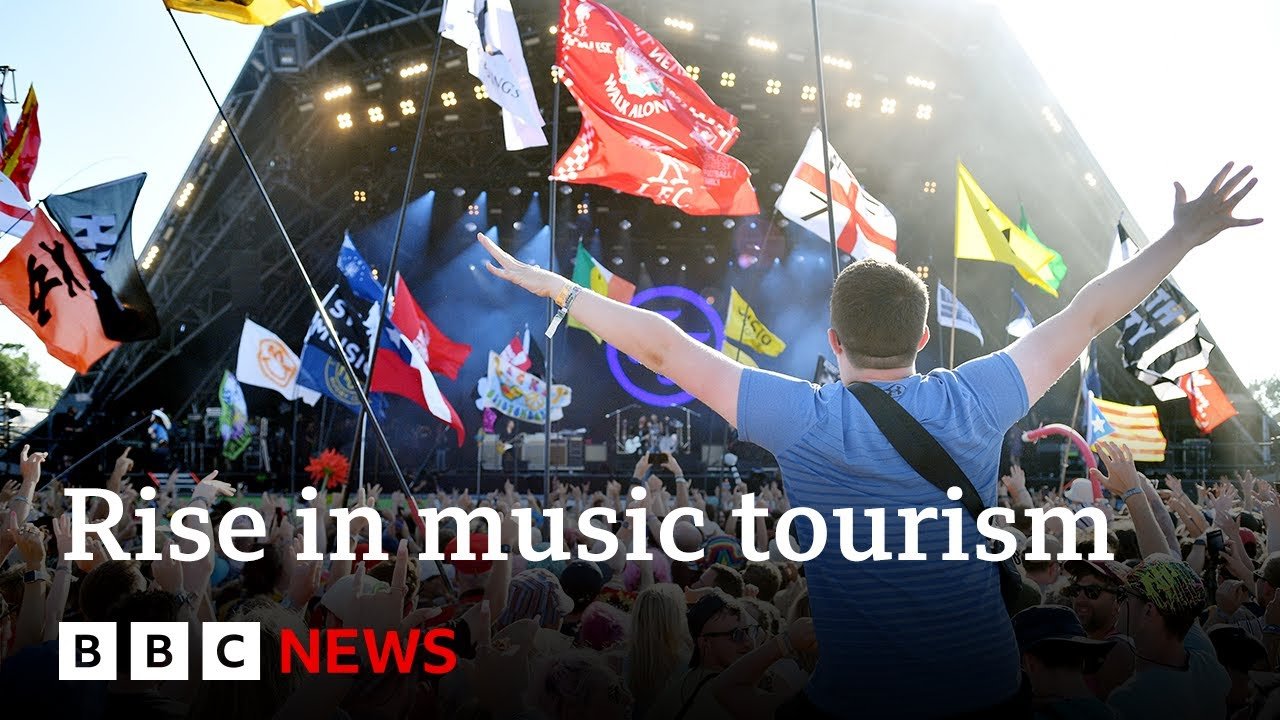International music tourism has significantly contributed to the UK’s economy, with over 19 million people traveling for music events in the country last year, marking a one-third increase from previous periods. This surge has resulted in £8 billion in spending, underscoring the economic impact of music-related travel. Events like Glastonbury and concerts by artists such as Bruce Springsteen, Billy Joel, Harry Styles, and Blur have been highlighted as major draws. The phenomenon not only benefits London but has also seen growth in regions across the UK, such as the North, Northeast, and Southwest, demonstrating the widespread appeal and potential of music tourism as a lucrative sector for the local economy.
- Last year, the UK saw a one-third increase in music tourism, with over 19 million visitors attending music events.
- Music tourists contributed £8 billion to the UK economy, highlighting the significant economic impact of the sector.
- Major music events and concerts, including Glastonbury and performances by Bruce Springsteen, Billy Joel, Harry Styles, and Blur, have played a crucial role in attracting tourists.
- Growth in music tourism has been recorded not just in London but across various UK regions, including the North, Northeast, and Southwest.
- Music tourists are seen as more valuable to the local economy than traditional tourists, as they tend to travel outside their normal areas and spend money in local businesses.
- The “Taylor Swift effect” has been noted as a significant factor in attracting international visitors, particularly from the US, to Europe for concerts, which has been included in the tourism figures.
- Concerns have been raised about rising hotel prices during major music events potentially deterring music tourists, though this is seen as part of the broader challenge of supporting mid-range artists and ensuring venue availability.
- There is a call for a defined export strategy to promote UK music tourism more effectively on a global scale, emphasizing the sector’s potential as a key asset in the UK’s broader economic and cultural strategy.
The British Broadcasting Corporation is a British public service broadcaster headquartered at Broadcasting House in London. Originally established in 1922 as the British Broadcasting Company, it evolved into its current state with its current name on New Year’s Day 1927.
AllSides Media Bias Rating: Center
https://www.allsides.com/news-source/bbc-news-media-bias
Official website: https://www.bbc.com/
Original video here.
This summary has been generated by AI.

Leave a Reply